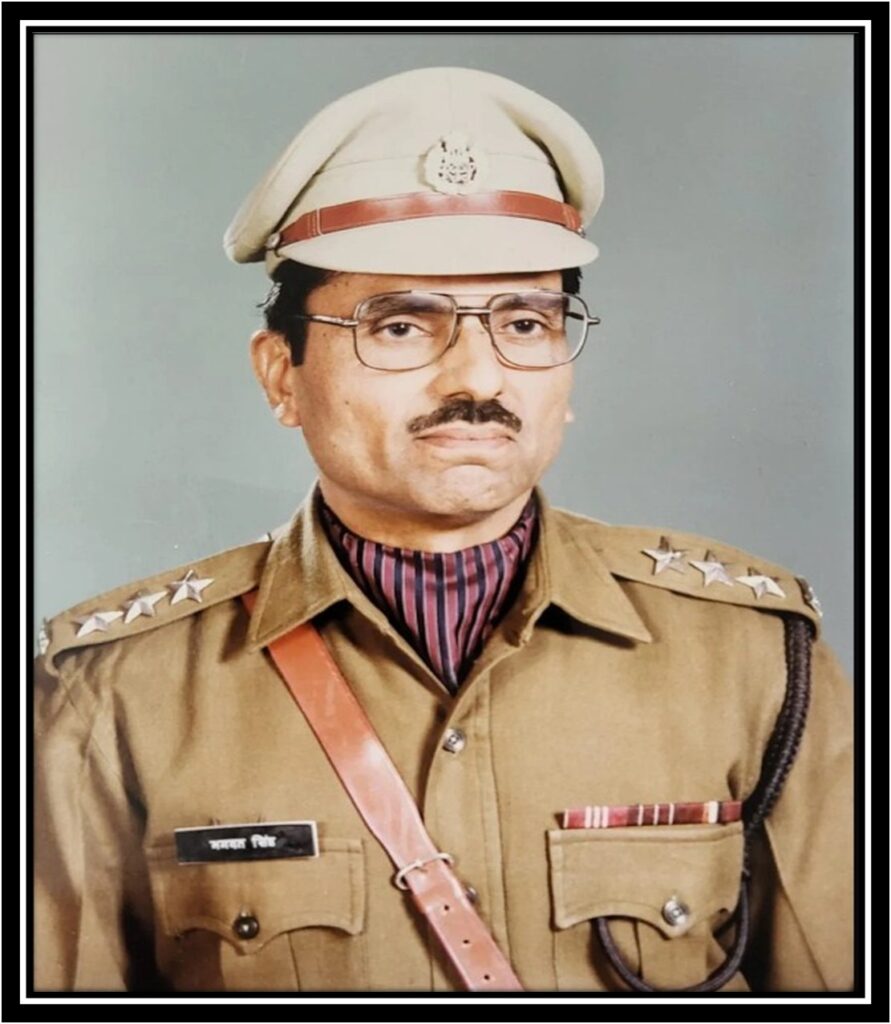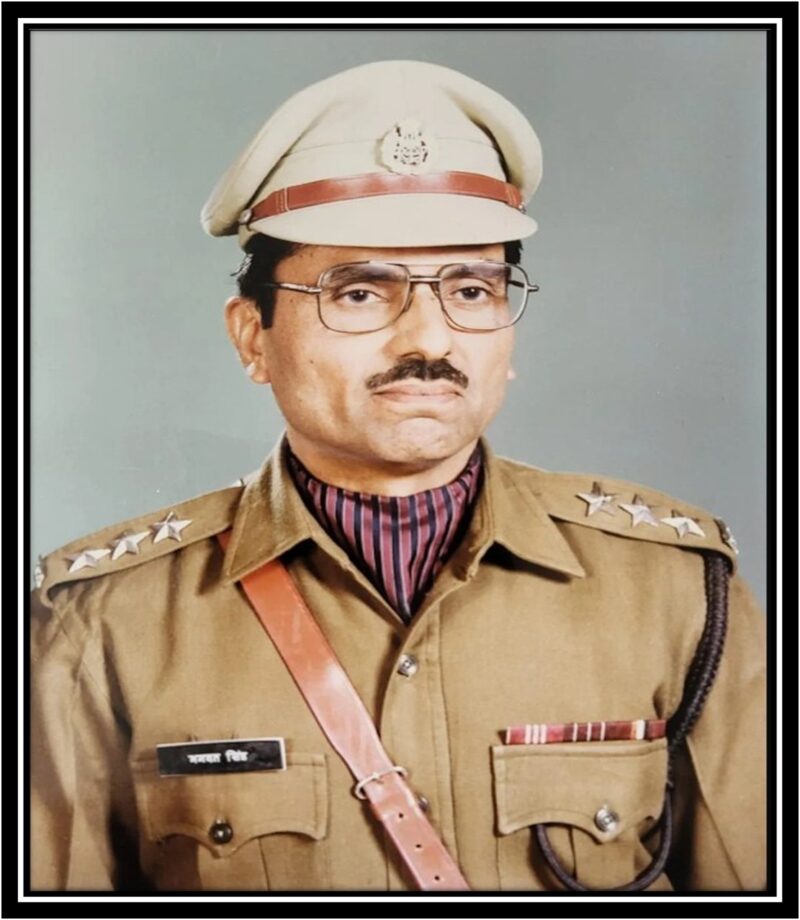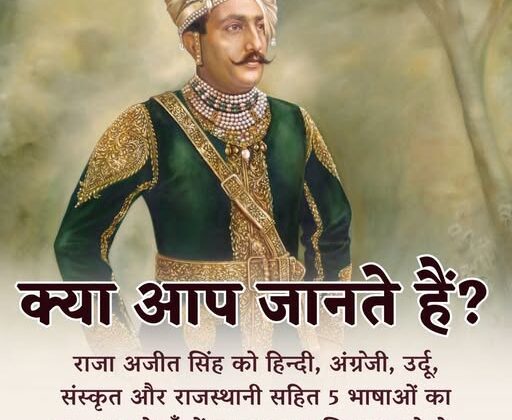Thakur Bhagwat Singh Udawat: A Legacy of Valor and Leadership

Introduction
Thakur Bhagwat Singh Udawat remains an influential historical figure, celebrated for his valor, governance, and dedication to social development. As a distinguished Rajput leader, he left an indelible mark on history through his contributions to administration, military strategy, and cultural preservation. His leadership exemplifies the unwavering spirit of Rajputana, making him an inspiration for generations.
Early Life and Lineage
Born into the esteemed Udawat clan of Rajputs, Thakur Bhagwat Singh belonged to a lineage renowned for its bravery and chivalry. The Udawat Rajputs, a sub-clan of the illustrious Rathores, have played a pivotal role in Rajasthan’s history, serving as warriors and administrators under various princely states.
Growing up in an environment deeply rooted in martial traditions and leadership, Thakur Bhagwat Singh imbibed the values of duty, honor, and selfless service from an early age. His training in warfare, governance, and diplomacy shaped him into a formidable leader, respected by both allies and adversaries.
Leadership and Governance
Thakur Bhagwat Singh Udawat demonstrated exceptional leadership skills, particularly in administrative reforms and military affairs. His governance was characterized by strategic decision-making, ensuring stability and prosperity for his people. By fostering economic growth and implementing policies for the welfare of his subjects, he established himself as a visionary ruler.
One of his notable achievements was strengthening regional governance by promoting law and order, enhancing infrastructure, and supporting trade. His fair and just administration earned him the trust and admiration of his people, solidifying his place in history as a benevolent leader.
Military Prowess and Contributions
A Rajput by birth and a warrior by tradition, Thakur Bhagwat Singh Udawat actively participated in various military campaigns. His strategic acumen and combat skills enabled him to defend his territory against external threats, ensuring the safety and sovereignty of his domain.
He upheld the Rajput warrior ethos, demonstrating immense courage on the battlefield. His ability to devise military tactics and lead his forces with precision cemented his reputation as a formidable military commander. His dedication to protecting his land and people remains a testament to his enduring legacy.
Cultural and Social Contributions
Beyond his military and administrative prowess, Thakur Bhagwat Singh Udawat played a significant role in preserving Rajput culture and traditions. He patronized arts, literature, and architecture, contributing to the cultural enrichment of his region.
He also emphasized education and social reforms, encouraging learning among his people. His initiatives in preserving Rajput heritage ensured that the values of honor, duty, and bravery were passed down to future generations. His efforts in community development and social welfare reinforced his image as a compassionate leader.
Legacy and Historical Significance
The legacy of Thakur Bhagwat Singh Udawat continues to inspire historians, scholars, and admirers of Rajput history. His descendants and followers honor his memory by upholding the values he cherished—courage, righteousness, and service to society. His life story serves as a source of inspiration for those who value leadership, dedication, and the preservation of heritage.
Conclusion
Thakur Bhagwat Singh Udawat’s legacy transcends time, embodying the true spirit of Rajput valor and leadership. His contributions to governance, military strategy, and cultural heritage continue to be remembered and celebrated. As history unfolds, his name remains synonymous with courage, justice, and unwavering commitment to his people. His life serves as a guiding light for future generations, ensuring that the rich heritage of Rajputana endures.









